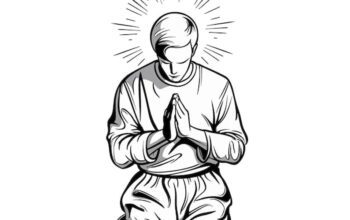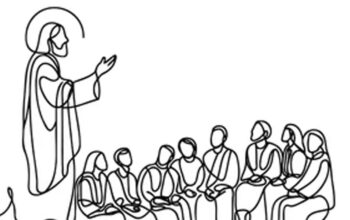
“It’s easier to enter into legal marriage than the legal profession. In marriage, all you need is one person to say “I do”. But to become a lawyer, not only that you have to hurdle law school with a platoon of professors who, mostly, are bullier than the drill sergeants of the Army. Above of all, you will need the assent of at least 8 Bar examiners to pass the exams. And finally, the ‘I dos’ of the 15 justices of the Supreme Court,” a law professor said.
While some might agree, this paper’s editors, on the other hand, would surely agree. We may not have had the first-hand experience on what’s it like to undergo the pressure in taking the bar exams, but some of us do have a glimpse of it. Taking major exams, or mock bar exams in our respective law school journey, or even just a simple quiz, knocks us out every time. Not only are the questions hard, but our preparations, and the expectations from our professors would surely kill you.
Like it or not, law schools are judged by one standard: The Bar Examinations. Since that is so, law professors are forced to become as bully and as scrutinizing as they can to “test” law students in probably the most gruesome ay they can think of. The Bar is the be-all and end-all of Philippine legal education, yet in reality is nothing more than a minimal measure of basic professional competence to render legal services.
Philippine law schools have bought into this game. Rather than teach law, they “teach to the test.” Relegating courses in Legal Theory, Jurisprudence, and Human Rights in exchange for “Bar Review” subjects, the law school trains its students to pass and “top” the yearly licensure exam. Who cares about fostering a social conscience? Why agonize over the eternal dilemma, “What is justice?” Why, how many points will that be in the bar exam?
Bar fixation feigns fidelity to both text and tradition, yet its true loyalties lie with rote recitations of legal provisions. It shifts the law student’s focus away from seeing law as a lived discipline, toward the mechanical regurgitation of legal doctrine. While memorizing has been a norm in the era of God-knows-how-long, it can’t possibly be the case in this era of computers, where lawyers could possibly search every contents of the SCRA in one single click of the internet.
This paper is not devaluing the style which was applicable before, what we are trying to point is that, “without deviation from the norm, progress is not possible.”
The bar exam result was recently announced, last Friday, April 14, 2023. This paper extends its heartfelt congratulations to all of them. Hopefully, they would not forget what the true meaning of their chosen vocation is: promoting the rule of law in a regime of truth, justice, freedom, love, equality, and peace. (AJDB)



